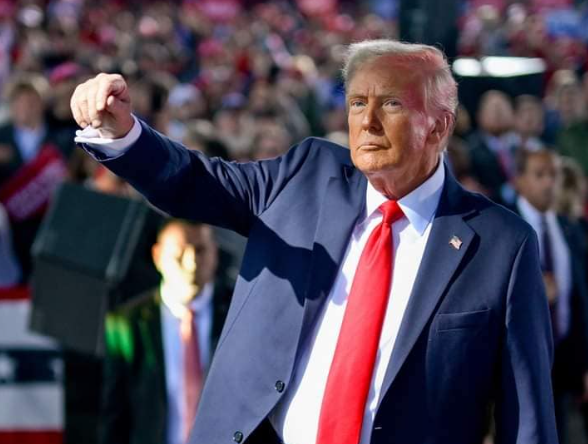Tax reliefs will cushion investors, SMEs during crisis

Edward Mwachinga
The Tax Laws Amendment Bill published last week contains a raft of proposals including some that President Uhuru Kenyatta did not directly mention in his speech last week.
A particularly significant one is the repeal of the tax provision relating to capital allowance on investments which allows for investment deductions of up to 150 per cent of the expenditure incurred in the first year (for qualifying investments).
This popular incentive was replaced with a provision for an initial claim of 50 per cent in the first year and further deductions in the following years subject to a maximum of 100 per cent .
One would argue that removing this lucrative incentive is counter-productive especially at this time when investors and the world at large are grappling with the Covid-19 pandemic.
Of specific concern would be that this shift in policy acts as a disincentive to much needed investments in this tough economic environment.
The effectiveness of tax incentives in promoting investment has been the subject of intense debate among economists and tax experts.
Whereas there is general consensus that such incentives tend to increase return on investment, there is a question as to whether such incentives do, indeed, attract more investment.
In addressing this question, policy-makers are usually more inclined to decisions that are likely to generate the most beneficial economic activity in the long run.
For instance, should the government forego a shilling in taxes given away as a tax incentive or spend the shilling on a public service or on infrastructure?
Using a real case scenario, should the government spend money on a road project leading to an area with a lot of tourism activity or give up the equivalent amount on a tax incentive to investors setting up hotels and resorts in that area?
Studies have shown that the answer to this question depends on the level of public goods and services present in a country.
The lower the level of infrastructure and public services, the higher the productivity of one shilling spent directly on infrastructure or services, compared to the productivity of one shilling spent on tax incentives.
It may be better for the government to spend a shilling on infrastructure so as to benefit many investors than spend a shilling on incentives that benefit only a few.
It would also make sense if a tax incentive that benefits a few investors is replaced with an incentive that benefits most if not all taxpayers.
In this regard it should be noted that there are a number of proposals made in the Tax Laws Amendment Bill that may very well compensate for the removal of the popular investment deductions.
These include reduction of personal income tax top rate from 30 per cent to 25 per cent and the lowering of corporate tax rate from 30 per cent to 25 per cent.
Also, reduction of the VAT rate from 16 per cent to 14 per cent and the turnover tax rate from three per cent to one per cent would serve this purpose.
These measures have the potential to cushion businesses in an economy characterised by depressed activity as a result of the Covid-19 pandemic. Collectively, they have the effect of retaining extra liquidity within businesses which can be used to sustain economic activity.
Accordingly, the removal of the investment allowance allowing qualifying investors to deduct up to 150 per cent of their capital expenditure in certain cases, and substituting it with the reduced tax rates across the board—income tax, corporation tax, VAT and turnover tax—is very good tax policy, the immediate effects notwithstanding. —The writer is an Advocate of the High Court of Kenya. [email protected]















